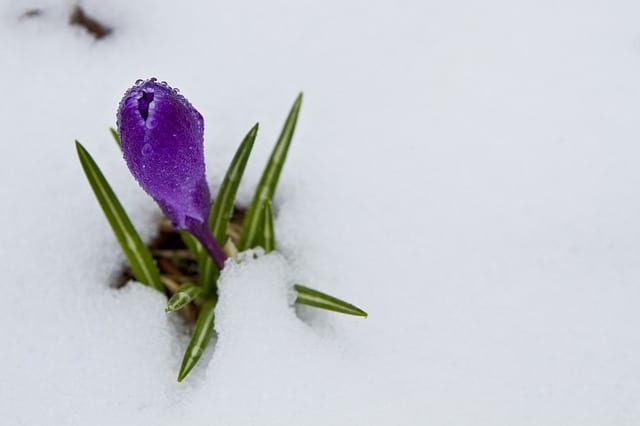
By the rivers of Babylon we sat and wept
when we remembered Zion.
There on the poplars
we hung our harps,
for there our captors asked us for songs,
our tormentors demanded songs of joy;
they said, “Sing us one of the songs of Zion!”
How can we sing the songs of the Lord
while in a foreign land?
If I forget you, Jerusalem,
may my right hand forget its skill.
May my tongue cling to the roof of my mouth
if I do not remember you,
if I do not consider Jerusalem
my highest joy.
Remember, Lord, what the Edomites did
on the day Jerusalem fell.
“Tear it down,” they cried,
“tear it down to its foundations!”
Daughter Babylon, doomed to destruction,
happy is the one who repays you
according to what you have done to us.
Happy is the one who seizes your infants
and dashes them against the rocks.
We have been away for so long.
A long, long time ago, we hung our harps by the rivers of Babylon.
No one made us do that. It wasn’t part of our captors’ torments. They let us take the harps with us, from our home to Babylon, but then they asked to hear Jerusalem’s songs. By our own choice, we hung up our harps and would not sing a song, and we have not sung since. We might have sung anyway, but we chose not to.
Now we have no harps.
This place of exile does not know any of Jerusalem’s songs.
The word “Lent” is Middle English; it comes from “Lencten,” lengthen, the lengthening of days, the change of the seasons. The meaning of Lent is “Spring.” But it doesn’t begin in spring. Lent begins in winter. The spring begins in the winter, when everything is still dead.
In winter, in death, in exile, in the place where everything is wrong, we hung up our harps.
“If I ever forget you, Jerusalem, may my right hand forget its skill.” And then we forgot. We hung up our harps and we forgot how to play.
“May my tongue cleave to the roof of my mouth if I ever forget you.” and then we forgot, and our mouths went dry, too dry to say “I thirst.”
It was so much less painful than remembering.
By the shores of the rivers of Babylon, on dead trees, when the water was pewter-gray as the sky and the whole world was dark, we hung our harps, and we forgot Jerusalem. We forgot spring. We forgot the sunshine and the warmth, the growing plants, the songs of the birds, the way the world looks when it’s waking up. We forgot what it was to be awake. We forgot life entirely and became somebody who thought about things that seemed more important, the things that Babylon thinks about.
Daughter Babylon, doomed to destruction, happy is the one who repays you according to what you have done to us. Happy is the one who seizes your infants and dashes them against the rocks. We could only think according to Babylon’s logic, because we had forgotten Jerusalem. We had forgotten Spring and could only think about Winter. The best thing we could imagine, was watching our enemies have done to them what was done to us.
We hung up our harps, and could only think about death for a long, long time.
Perhaps we were like this before.
Perhaps this is how the exile began: we had already become Babylon, when we had once been Jerusalem. And then the rivers of Babylon hemmed us in, and we hung up our harps and forgot.
Now it is spring, which begins in winter, but winter is all we remember. We have no memory of what’s about to happen, of the road ahead.
Jerusalem lies on the road ahead, but who can remember Jerusalem?
What will we do when we get there?
We have forgotten how to sing Jerusalem’s songs.
We only know how to do what Babylon does. But now we are journeying to Jerusalem, whether we like it or not.
By the time we get to Jerusalem, it will really be Spring. When we arrive in Jerusalem, we will torture the Savior Who led us here, throw Him out of the city, and hang Him on the tree with our harps, because all we remember is winter, death, and Babylon. But He will return.
As patient, gentle and relentless as the Spring, He will teach us everything we have forgotten.
Our right hand will remember its skill.
Our tongue will come loose from the palette.
We will sing Jerusalem’s songs again.
Lent begins in winter, because winter is all that we know. But it does not end in winter. Lent ends in Spring.
Mary Pezzulo is the author of Meditations on the Way of the Cross.
Steel Magnificat operates almost entirely on tips. To tip the author, visit our donate page.













